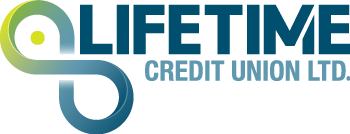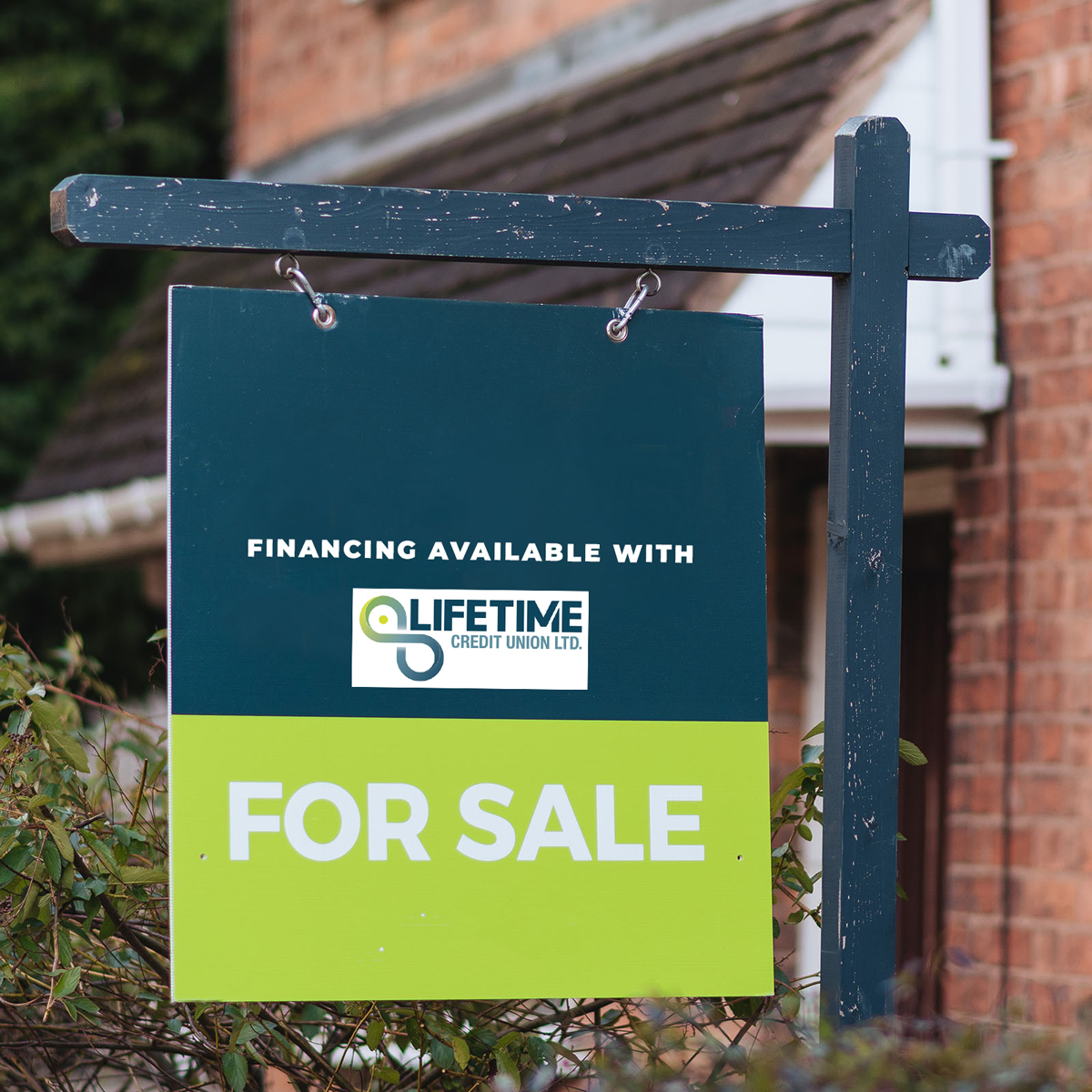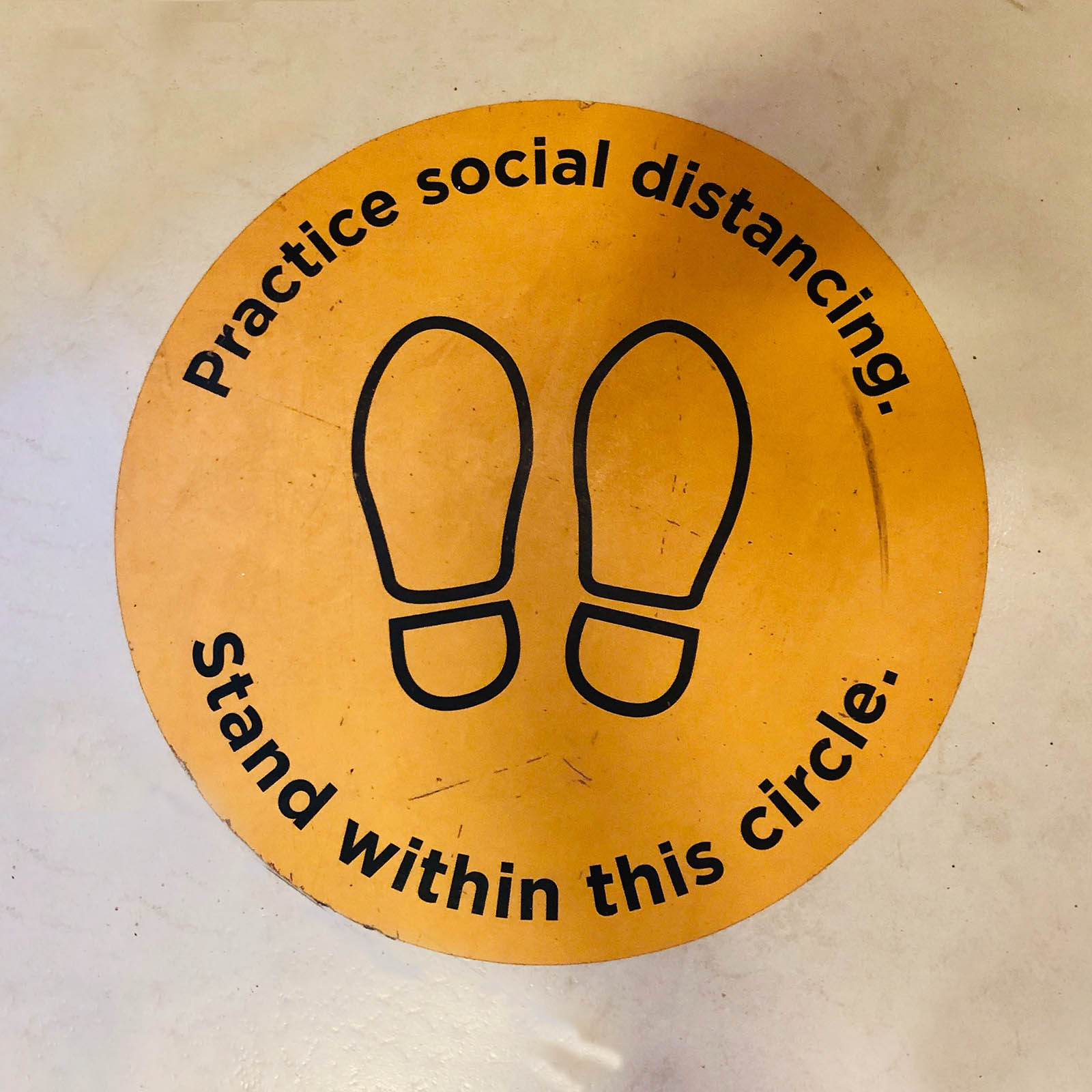Before we get started, let’s agree on a basic fact, debt is a part of life. All of us will pass through periods of debt; the real question is, how do we navigate our way out of it? Will we plot a route and stick to it, or will we stumble from one rocky path unto another and another? This is the essence of debt management; how do you get from one side to the other? From our experience, we can safely say that “shortcuts are not a good idea.” Often, the fastest way to get out of debt is not the safest way. Tricks and gimmicks seldom work out, and things that seem too good to be true are often just a stepping stone to your first mistake.
Don’t leap before you look. Trying to get out from under debt can be a scrappy struggle. Especially when you realise that making those monthly minimum payments is just not working out for you. We found that an essential step in managing your debt is gaining perspective. If we stick to our scrappy struggle metaphor, the best way to get out of that fight is to stop flailing around and step away from it.
Don’t proceed without changing your mindset. Don’t panic; take a moment or two, or if necessary, three or four and hit the reset button. Now, take a close look at where you are, how you got here and what you need to do to get out. As simple as it may seem, these are the first steps in your debt management exercise. It all starts with a change in mindset. Your attitude and commitment are critical. Wishful thinking and rash actions simply don’t work. On the other hand, planning and execution are the Dynamic Duo you need in your corner; it starts with you.
Don’t oversimplify the problem; don’t kid yourself. Underestimating the size of the problem is easier than you may think. The problem is not just that you owe money; you also have to look at why. One reason we always talk about honesty is that it’s essential in personal financial matters. Now let’s be clear here; the honesty we are talking about is a matter of awareness, not deception. Very often, people think they are in a much better financial position than what exists in reality. Until they have all of the facts in front of them, it’s not always abundantly clear to them exactly where they stand.
For example, did you ever break a hundred and suddenly find that you only had fifteen dollars left. That doesn’t happen because you were not honest; it happens because you were not always paying attention to what you spent, or in some cases, gave away.
Don’t get started without a plan and a deadline. Make your plan, and stick to it. We spoke about this remedy in an earlier post on building an Emergency Fund, so we won’t go into detail here. But when you see where your money is being spent laid out before you in black and white, it can have a sobering effect. Work out a budget; it will give you the clarity you need to make this work. A budget will show you your total debt; your target is less than 40% of your gross income. This means that you should not be using more than 40% of your monthly income to pay down your debt. Anything over that you may need some additional help. Our fourth mistake shares some more information on this; lookout for that next.
Failing to plan can lead to serious long-term problems. Debt is a part of life, but ideally, you should plan to prevent running up excessive debt. This goes back to our earlier points on being honest and mindful. Simply put, get your spending under control. Remember the budget we spoke about? Stick to it. Why free yourself from debt to turn around and dive right into a different and spicier flavour?
Finally, don’t try to do it all yourself. One of the best things you can do is to acknowledge that you need help. People do it every day; you’ve done it before, and you will continue to do it for as long as you live. You ask a doctor for help when you feel sick, you ask a friend to help you move house, and you ask your aunt for help filing your taxes.
While it all comes down to the numbers in debt management, the numbers can get confusing, so let’s dig deeper. Paying down one debt is much simpler than paying down three or four; that is the essence of debt consolidation. You consolidate or combine your three debt payments into one, more manageable amount. Typically this takes the form of a loan. You then use the loan to pay off the current debts and breathe a little easier while you repay that single loan. The key is to find the right balance between your lifestyle and the terms of the new loan.
Personal mindfulness is essential, but realise that there are some things you don’t see until it’s too late or someone else points them out. That’s what experts are for. They have tools, remedies and expertise that you don’t, and that’s what makes them helpful. They can help you see into some of those blind spots. Thay can show you better ways to put your paycheque in charge of your bills, not the other way around. This is some of what we do. We can help you find balance by laying out a consolidated loan with a lower monthly payment that replaces the combined payments on your multiple debts. This can help give you more control over your finances.
Debt is manageable; it doesn’t have to keep you up at night and follow you everywhere like a needy pet craving time and attention. It’s up to you to find the method that gets you out of debt as quickly as possible without causing you financial or mental trauma. These tips will help you avoid some common missteps, and we are always happy to chat with you anytime you like.
Keep in mind that debt is an excellent tool for building personal security. You can use it for things like educational and consumer loans, vehicle loans, and mortgages. But don’t get into debt just to pamper your ego; ok, that’s six mistakes, not five; our bad.













